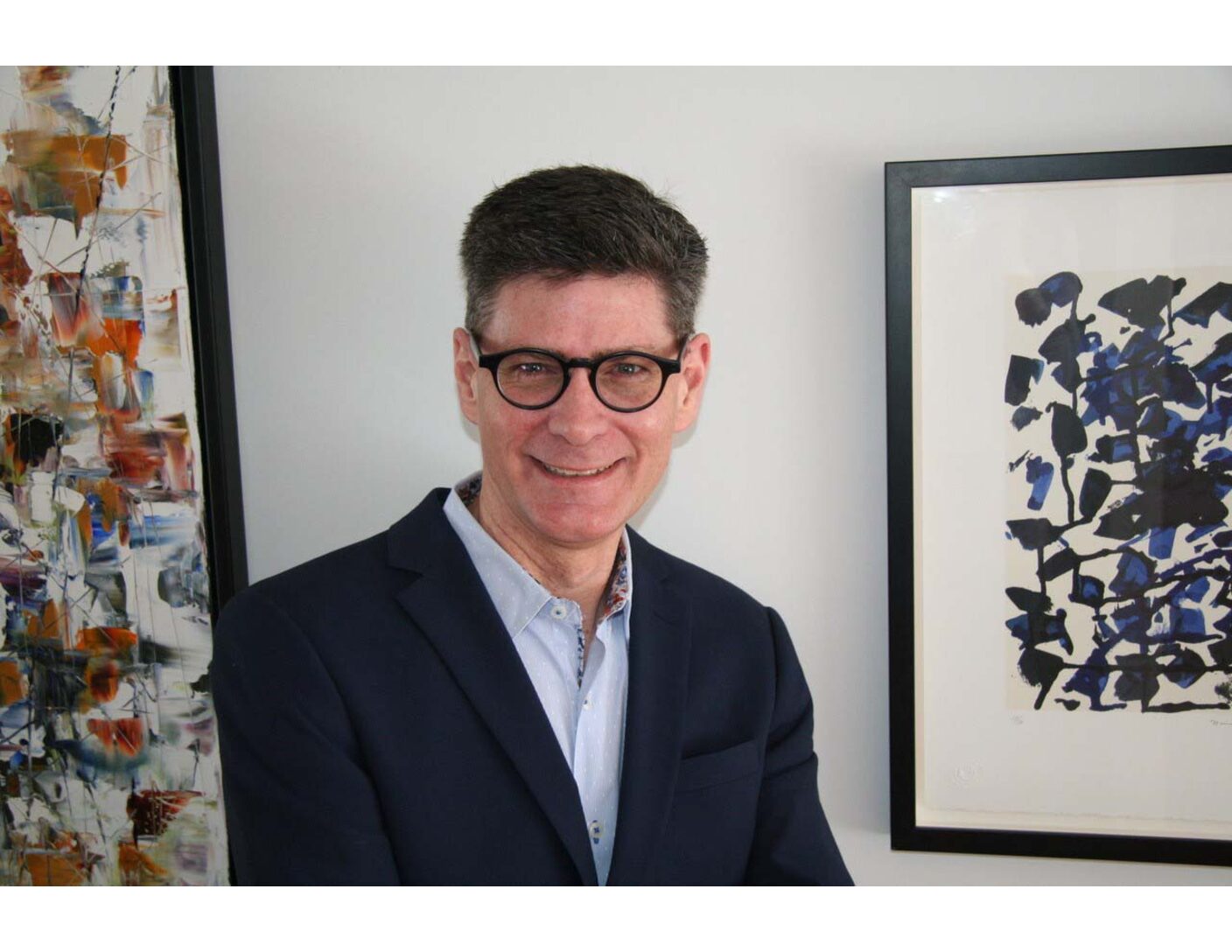Dr. Neil Forkey, author and committed professor of Canadian Studies, has been helping First-Year students make the transition to postsecondary education for over two decades. Twice a week, Dr. Forkey makes the trek from Montreal, Canada to SLU to enlighten students on the interconnected themes of both nations, namely Native American culture, environmental history, colonization, and much more. His dedication and passion not only for the subject matter he teaches, but also for the students he advises, is undeniable and resolute.
His method of teaching the FYP, Identity and Belonging in the St. Lawrence Valley, is unlike most two hour lecture periods. Emphasizing collaboration and discussion, Dr. Forkey encourages frequent class participation through a series of questions or group work in order to delve into specific themes. Dr. Forkey sets the framework for students to get accustomed to college-level tasks, with frequent drafts and revisions of longer writing a key factor in the feedback of his class, as well as practice sessions for oral presentations and other non-written work. Woven into each class is a discussion on the qualities that make each piece of writing or presentations successful. He facilitates these conversations by asking students what they believe is important to the assignment, as well as contributing his own input and perspective.
While aspects of essential skills (research, writing, presentation) permeate the class, the true focus is on the subject matter itself. Dr. Forkey has a unique and effective way of talking through broader themes, wherein small or specific examples are mulled over in great detail in order to paint a larger context. For example, when discussing the work of Canton native Henry Rushton’s canoes, this 1870s artist’s distinctive craft lends itself to a thorough discussion of the economic class division of New Englanders, the cultural shift towards recreation and relaxation in a post-civil war era, outdoor recreation and how it shaped the region and its occupants, early American advertising and assertion of gender roles, interactions with native peoples, craftsmanship and versatility in niche market spaces, and much more.
A topic often talked about in class is the role of Native Americans in the history of both nations, as well as colonizers’ frequent interactions with them, negative and positive. Dr. Forkey is very cognizant of the deep cultural roots the native peoples have in the shaping of our history, and employs his students to think about subject matter with that lens. A wide range of Native American history is incorporated into class, including various groups’ customs and religions, their appreciation and reliance upon the environment, displacement, unrealistic portrayals in historical media and exchange of goods and knowledge with settlers.
Dr. Forkey fosters a supportive, intellectually stimulating First-Year Program, and admirably wants the best for and from his students. The class format allows students to take risks and build connections across several disciplines, which could not be more appropriate for the Liberal Arts education that we are pursuing.



